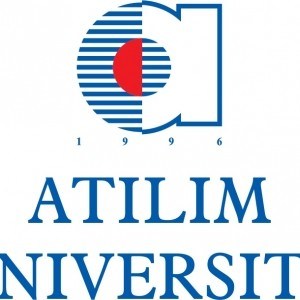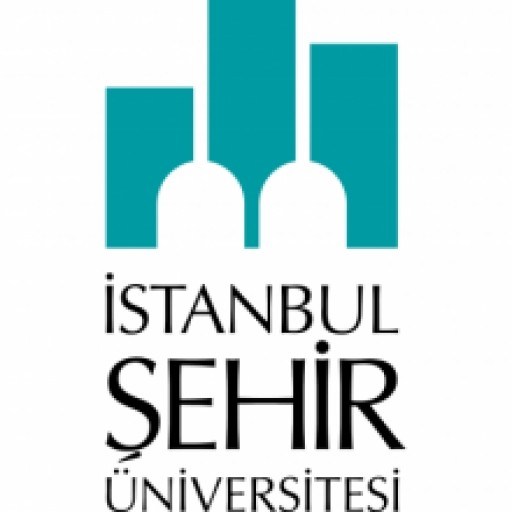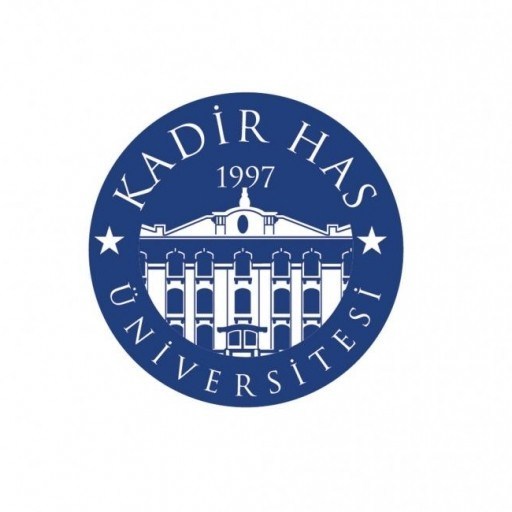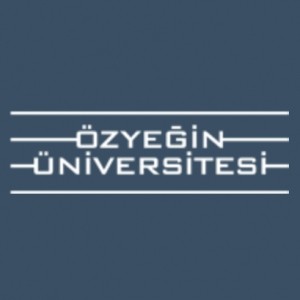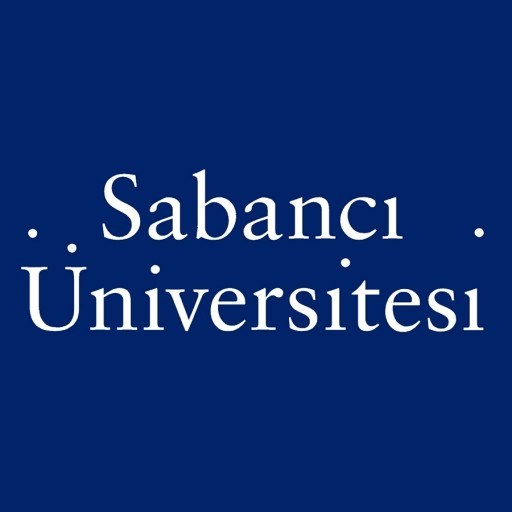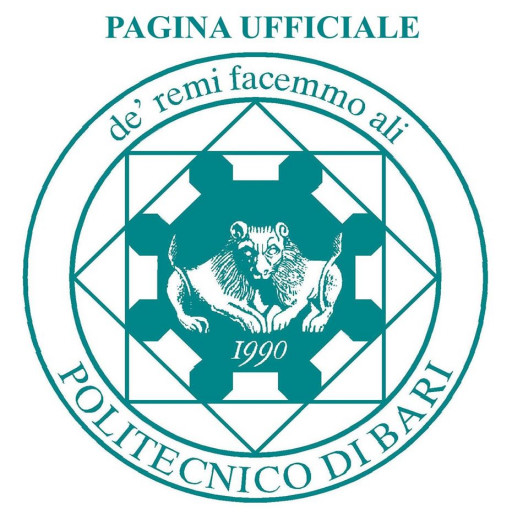The Bachelor of Science in Information Systems Engineering at Atilim University is a comprehensive undergraduate program designed to prepare students for the rapidly evolving field of information technologies and systems. This program combines theoretical foundations with practical applications, equipping graduates with the skills needed to design, develop, and manage complex information systems that meet the needs of organizations across various industries. Throughout the program, students gain in-depth knowledge of computer programming, software development, database management, networking, cybersecurity, and systems analysis. They are also introduced to the principles of systems engineering, project management, and business processes, enabling them to work effectively in multidisciplinary teams and understand the broader organizational context of technological solutions. The curriculum emphasizes hands-on learning through laboratory work, projects, and internships, providing students with real-world experience and preparing them for professional careers in areas such as software development, information systems consultancy, cybersecurity, and IT management. A strong focus is placed on developing problem-solving abilities, critical thinking, and innovative design skills, which are essential for adapting to technological changes and industry demands. The program also encourages students to stay current with emerging trends and advancements in the field, such as artificial intelligence, data analytics, cloud computing, and the Internet of Things (IoT). Graduates of the program are well-equipped to pursue further academic studies or enter the workforce as competent engineers and IT specialists who can contribute to the technological development and digital transformation of organizations locally and internationally. With access to modern facilities and experienced faculty members, students receive a high-quality education grounded in scientific and engineering principles, preparing them for successful careers in the dynamic world of information systems engineering.
Detailed Course Facts
Application deadline July 15, December 15 Tuition fee- EUR 10250 Year (EEA)
- Turkish
Course Content
1. Semester
Course CodeCourse NameLectureLab HourCreditECTSPHYS 101Physics I3246MATH 151Calculus I 4257.5ENG 111 orENG 113Introduction to Communication Skills
Academic Listening and Note-taking2
4.5E 101Engineering Fundamentals1012COMPE 111Introduction to Computer Engineering2235CHEM 102Chemistry3246Total15/1612/821/2031
2. Semester
Course CodeCourse NameLectureLab HourCreditECTSSE 112Introduction to Software Engineering3035PHYS 102General Physics II 3246MATH 152Calculus II 4257.5ENG 104Communication Skills II2234COMPE 112Computer Programming in C3246.5Total15819293. Semester
Course CodeCourse NameLectureLab HourCreditECTSSE 211Human Computer Interaction3036MATH 275Linear Algebra4046IE 220Probability and Statistics3034.5ENG 211Communication Skills III1223COMPE 251Discrete Computational Structures3035.5COMPE 223Object Oriented Programming3035.5Total1721830.54. Semester
Course CodeCourse NameLectureLab HourCreditECTSSE 232Systems Software Validation and Testing2235.5SE 222Software Quality Assurance3035MATH 276Differential Equations4046ENG 212Technical Report Writing and Communication2023COMPE 226Data Structures3035NTSocial Elective 3035Total1721829.55. Semester
Course CodeCourse NameLectureLab HourCreditECTSTURK 101Turkish Language I2022SE 399Summer Practice I0001SE 311Software Requirements Engineering3034.5COMPE 341Database Design and Management3246.5COMPE 325Study of Programming Languages3035.5COMPE 323Algorithms3035.5COMPE 231Digital Circuits and Syste3246Total17419316. Semester
Course CodeCourse NameLectureLab HourCreditECTSTURK 102Turkish Language II2022SE 332Object-Oriented Analysis and Design3036SE 322Software Design and Architecture3036IE 305Engineering Economic Analysis3035TETechnical Elective3035NTSocial Elective 3035Total17017297. Semester
Course CodeCourse NameLectureLab HourCreditECTSSE 499Summer Practice II0001SE 491Senior Project I2026.5SE 420Software Project Management3035HIST 101Principles of Atatürk and the History of Turkish Revolution I 2022COMPE 431Operating Systems3246.5TETechnical Elective3035TETechnical Elective3035Total16217318. Semester
Course CodeCourse NameLectureLab HourCreditECTSSE 492Senior Project II1438ORY 400Social and Cultural Activites0001HIST 102Principles of Atatürk and History of Turkish Revolution II 2022COMPE 436Data Communications and Networks3248TETechnical Elective3035TETechnical Elective3035Total1261529Curriculum Total144/143240
English Language Requirements
IELTS band : 6
To study at this university, you have to speak English. We advice you to
take an IELTS test. More About IELTSRequirements
Courses and Credits
The Software Engineering graduate program is offered in two options: with thesis and without thesis. The aim of the thesis option is to prepare the students for PhD programs while motivating them to perform research in the area of software engineering. In the second option, the objective is to educate students so that they can work as software engineers. The courses are divided into three groups in both options: Software, Computer Science and Electives courses. In this framework, students should take at least 3 courses from the software group and one course from the computer science group. Throughout the program, a maximum number of two undergraduate courses could be taken with the approval of the advisor. In this case, for each of these undergraduate courses a "special studies" course should be taken which are denoted by "SE580 Special Studies I" and "SE581 Special Studies II". The required number of courses and credits in both options are given below:
Graduate Program with Thesis (21 Credits - 120 ECTS)
- 4 Software Engineering Must Courses (12 credits - 30 ECTS)
- 2 Software Engineering Electives (6 credits - 15 ECTS)
- 1 Elective Course (3 credits 7.5 ECTS)
- Graduation Seminar (NC - 7.5 ECTS)
- Special Studies on Thesis Subject (NC - 10 ECTS)
- Thesis (NC - 50 AKTS)
Graduate Program without Thesis (30 credits - 90 ECTS)
- 3 Software Engineering Must Courses (9 credits 22.5 ECTS)
- 2 Software Engineering Electives (6 credits - 15 ECTS)
- 5 Elective Courses (15 credits 37.5 ECTS)
- Graduation Project (NC -15 ECTS)
Work Experience
No work experience is required.
Related Scholarships*
- Academic Excellence Scholarship
"The Academic Excellence Scholarship can provide up to a 50 % reduction in tuition per semester. These scholarships will be renewed if the student maintains superior academic performance during each semester of their 3-year Bachelor programme. The scholarship will be directly applied to the student’s tuition fees."
- Alumni Study Travel Fund
Scholarships for students who are already attending the University of Reading.
- Amsterdam Merit Scholarships
The University of Amsterdam aims to attract the world’s brightest students to its international classrooms. Outstanding students from outside the European Economic Area can apply for an Amsterdam Merit Scholarship.
* The scholarships shown on this page are suggestions first and foremost. They could be offered by other organisations than Atilim University.
Funding
The Bachelor of Science in Information Systems Engineering at Atilim University is a comprehensive undergraduate program designed to equip students with the technical skills and conceptual understanding necessary for the rapidly evolving field of information systems. The program focuses on the integration of engineering principles with information technology, emphasizing the development, implementation, and management of complex information systems in various organizational contexts. Students are introduced to foundational courses in computer science, software engineering, database systems, networking, and systems analysis, alongside specialized courses in information security, cloud computing, and enterprise systems. The curriculum is structured to promote problem-solving skills, critical thinking, and innovative design, preparing graduates for careers in software development, IT consultancy, system analysis, and management.
Furthermore, the program incorporates practical training components, including laboratory work, project-based assignments, and internships, to ensure that students gain hands-on experience aligning with industry standards. The faculty comprises experienced academics and industry professionals who facilitate an educational environment that encourages research, innovation, and continuous learning. Graduates of the program are well-prepared to adapt to technological advancements and contribute to digital transformation initiatives within various sectors. The program also emphasizes ethical considerations and the societal impacts of technology, nurturing graduates who are not only skilled engineers but also responsible technology developers and users. With a curriculum aligned to international standards, the program aims to produce graduates who are competitive globally and capable of pursuing further studies or employment in diverse fields related to information systems engineering.
